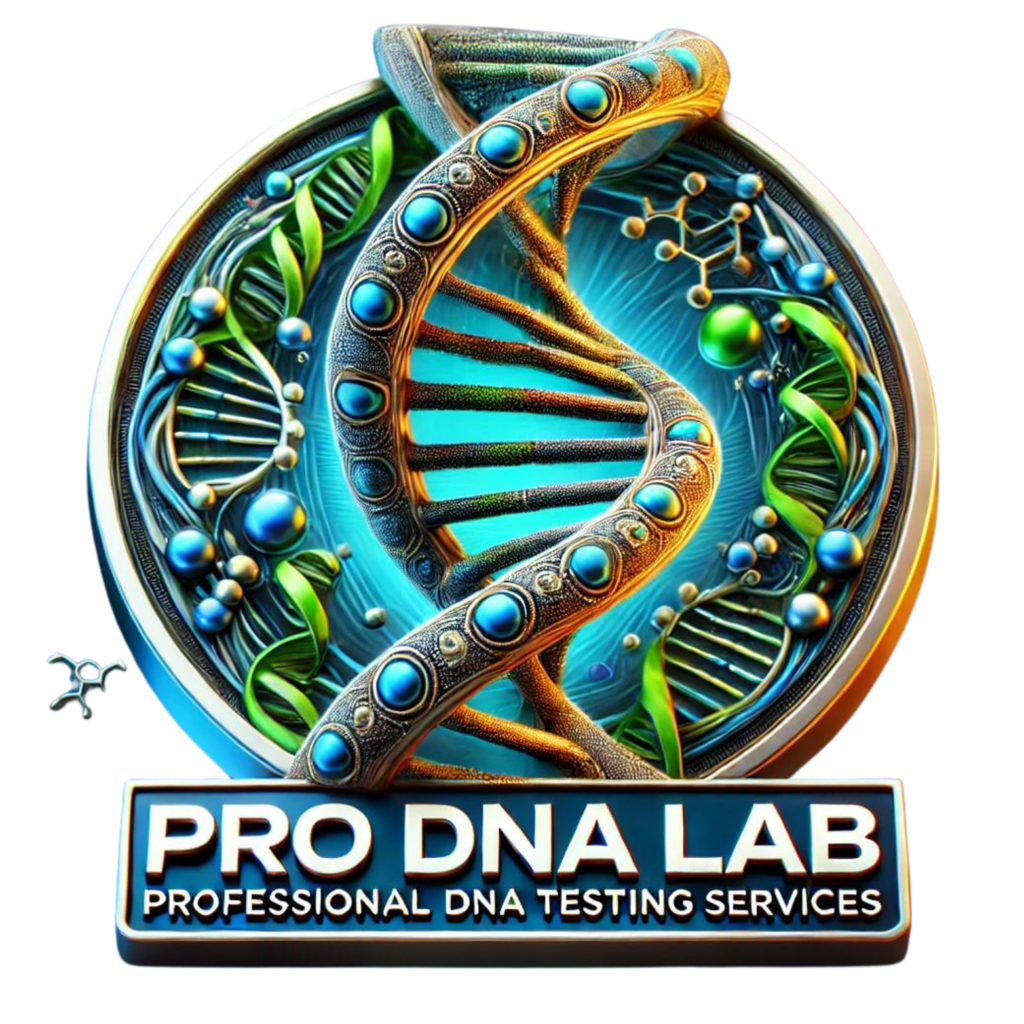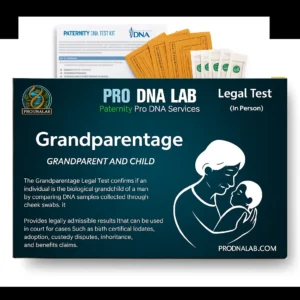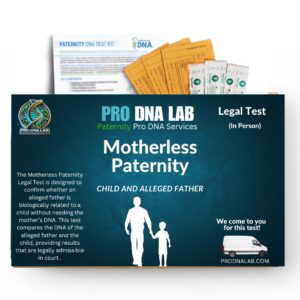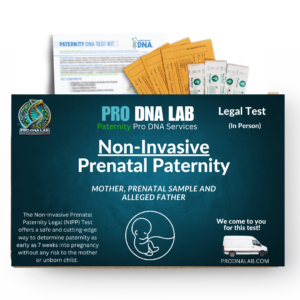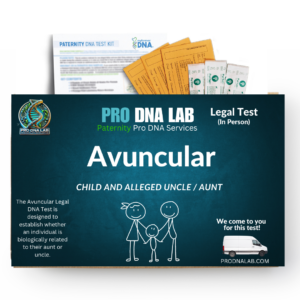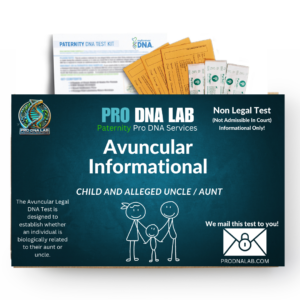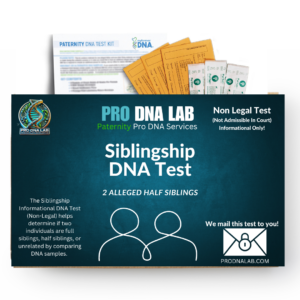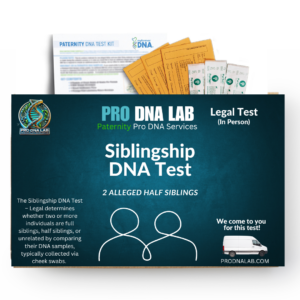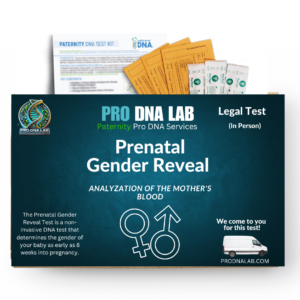Understanding Avuncular DNA Testing – Testing Between a Child and an Alleged Uncle
Avuncular DNA testing is a specialized type of genetic test used to determine the biological relationship between a child and an alleged uncle or aunt. This test is most commonly used when a direct parent, usually the father, is not available for paternity testing. It analyzes the genetic markers shared between the child and the alleged paternal relative to determine if they are biologically related.
What is Avuncular DNA Testing?
An Avuncular DNA test assesses the genetic relationship between a child and the alleged sibling of one of the child’s biological parents (typically the father). This test is especially useful when the alleged father is unavailable for a direct paternity test, but one of his siblings (the child’s uncle or aunt) is willing to provide a DNA sample.
How Does the Test Work?
- Sample Collection: DNA samples are collected from both the child and the alleged uncle (or aunt) using a painless cheek swab. The more family members involved (such as the child’s mother), the more accurate the results.
- DNA Comparison: The laboratory analyzes and compares specific genetic markers between the child and the alleged uncle. These markers are used to determine if they share enough DNA to confirm a biological relationship
- Results:
- Positive Relationship: If the test shows a significant amount of shared DNA between the child and the alleged uncle, this suggests a biological relationship, indicating that the child and the alleged father (the uncle’s brother) are likely related.
- Negative Relationship: If there is little to no shared DNA between the child and the alleged uncle, the test will indicate that the alleged father is unlikely to be related to the child.
Why Choose Avuncular DNA Testing?
- Alternative to Paternity Testing: When the alleged father is not available for direct paternity testing due to death, absence, or other reasons, an avuncular test provides an alternative way to confirm biological relationships
- Legal and Personal Reasons: Avuncular tests can be used in legal cases such as inheritance claims, social security benefits, and immigration cases, as well as for personal knowledge to confirm familial relationships.
- Court-Admissible: When proper legal procedures and chain of custody are followed, avuncular DNA tests can be used as evidence in court cases.
Accuracy of Avuncular DNA Testing
Avuncular DNA testing is not as direct as paternity testing, but it still offers a high degree of accuracy in determining whether a child and alleged uncle are biologically related. Including the mother’s DNA sample can improve the accuracy of the test by providing more clarity in the analysis.
Who Can Benefit from Avuncular DNA Testing?
- Families Seeking Answers: When paternity is in question but the alleged father is unavailable, testing an uncle or aunt can provide clarity.
- Legal Cases: In situations such as inheritance disputes, custody battles, or immigration cases, avuncular testing can be used to establish a biological link between a child and an alleged paternal relative.
- Adoption and Reunion Cases: For families separated by adoption or other circumstances, avuncular testing can confirm biological relationships and assist in family reunification.
Conclusion
Avuncular DNA testing is a reliable and effective way to determine the biological relationship between a child and an alleged uncle or aunt. Whether for legal purposes or personal peace of mind, this test offers a meaningful solution when direct paternity testing is not an option.


